From the Gospel according to St. John we read (Chapter 16:7): “Nevertheless I tell you the truth: it is to your advantage that I go away, for if I do not go away, the Advocate (Holy Spirit) will not come to you; but if I go, I will send him to you.” With these words, spoken to his disciples, Jesus foretells of two post resurrection events that they will eventually experience: his ascension into Heaven to be “exalted at the right of God”; and the coming of the Holy Spirit on the day of Pentecost. The first of these events comes 40 days after Christ’s resurrection on Easter, and it is always a Thursday (indeed sometimes referred to as Holy Thursday); the second comes after 50 days; but both are celebrated on a Sunday. The Feast of the Ascension is one of the universally celebrated feasts of our faith, the others include Christmas, the Passion (Good Friday), Easter, and Pentecost. Observance of Ascension is thought to be apostolic; meaning traceable to the very beginnings of the Early Church. Additionally it is part of the Paschal Mystery, along with Christ’s Passion, Death, and Resurrection. By no means an insignificant event in the in both the messianic mission of Christ and the Mystical Body of Christ, the Church; yet in some ways it does not get the attention it deserves.
Consider for a moment what Christ’s ascension into Heaven accomplishes for us. Obviously there is the previously observed sending of the Holy Spirit on Pentecost; and with the Holy Spirit the imparting of spiritual power (Acts 1:8), and the bestowing of spiritual gifts (Ephesians 4:8). Christ has taken humanity into Heaven where it never was before, and consequently it is now possible for us to be glorified as well because, as the author of Hebrew writes (Hebrew 6:20): “…where Jesus, a forerunner on our behalf, has entered….” In Heaven Christ has become our intercessor and advocate (1 John 2): “But if anyone does sin, we have an advocate with the father, Jesus Christ the righteous.” By his ascension Christ goes before us to prepare our heavenly home (John 14:3): “And if I go and prepare a place for you, I will come again and take you to myself, so that where I am, there you may be also.” And it enables Christ to continue his power and dominion over all things, notably and in particular, the Mystical Body of Christ, the Church (Ephesians 1:22-23): “And he (God) has put all things under his feet and has made him the head over all things for the church, which is his body….” In other words, Christ is still present with and for us, as our “great high priest”.
Why is this important and meaningful? Juxtaposed against Christ’s humble Incarnation in a meager manger at Christmas, his ascension into Heaven, which we celebrate this feast day, is Christ’s rightful glorification by God to sit at his right hand, and to continue his work on our behalf. As we affirm in the Nicene Creed: “…for our salvation Christ came down from heaven…he was crucified…he suffered death…was buried…rose again…ascended into heaven…and is seated at the right hand of the Father”. The Feast of the Ascension is our liturgy for commemorating this significant and mystical moment in our Lord’s messianic mission, for which we are eternally grateful, in more ways and reasons than one. The Feast of the Ascension is indeed deserving of our genuine attention and appreciation.

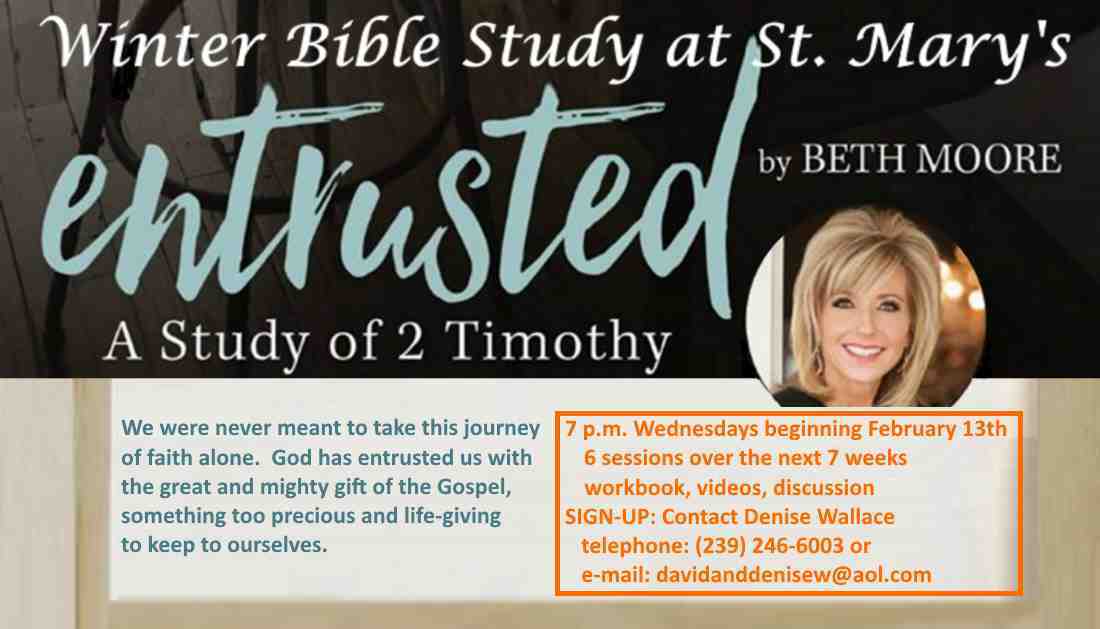
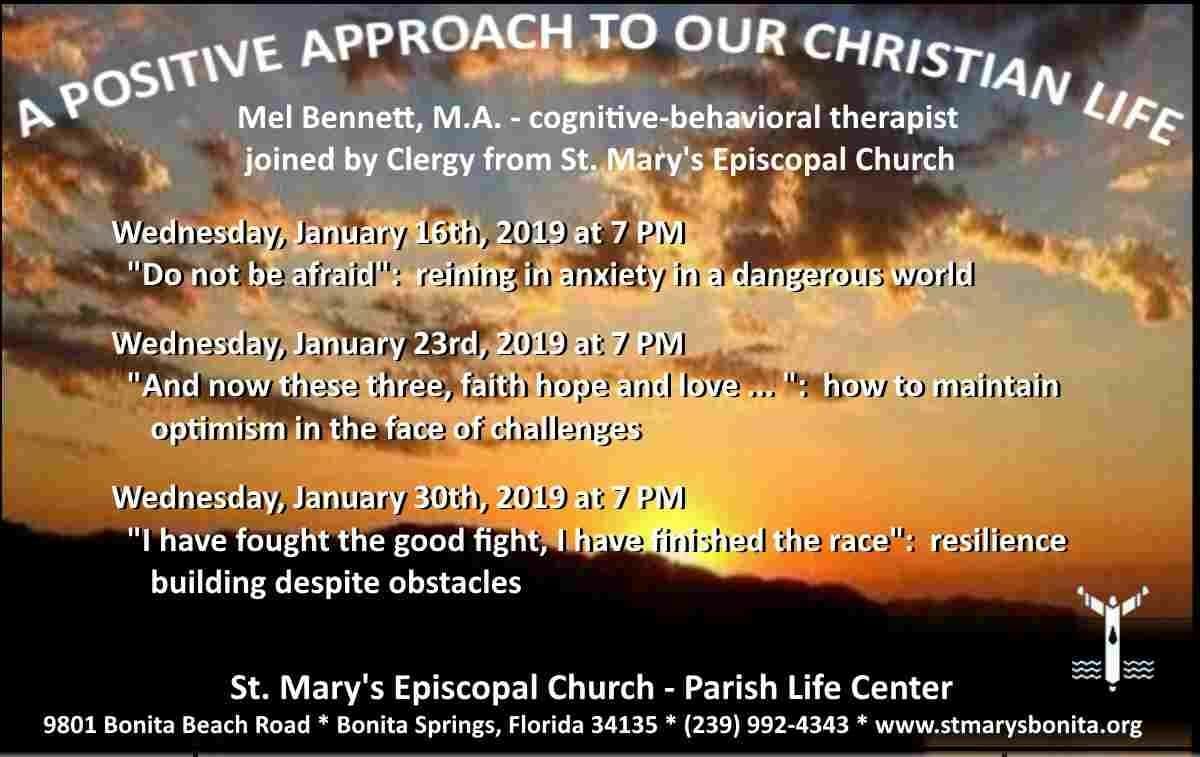
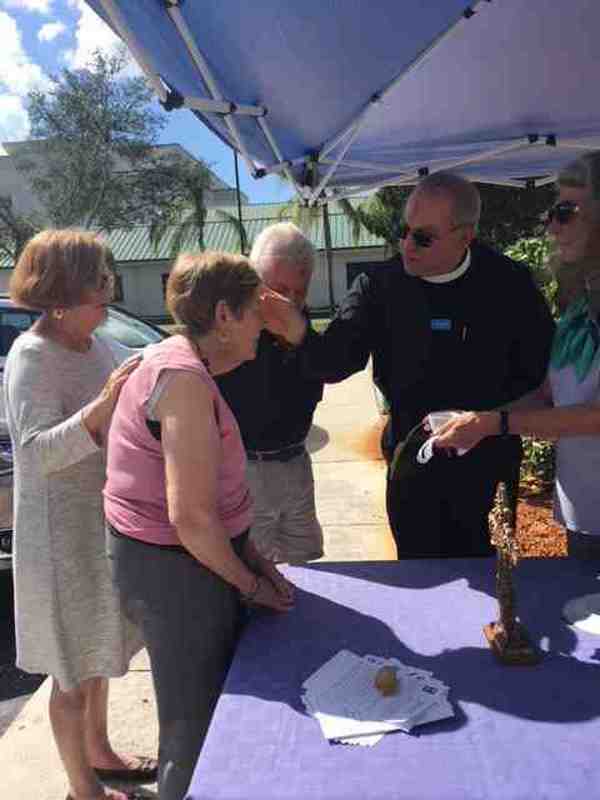

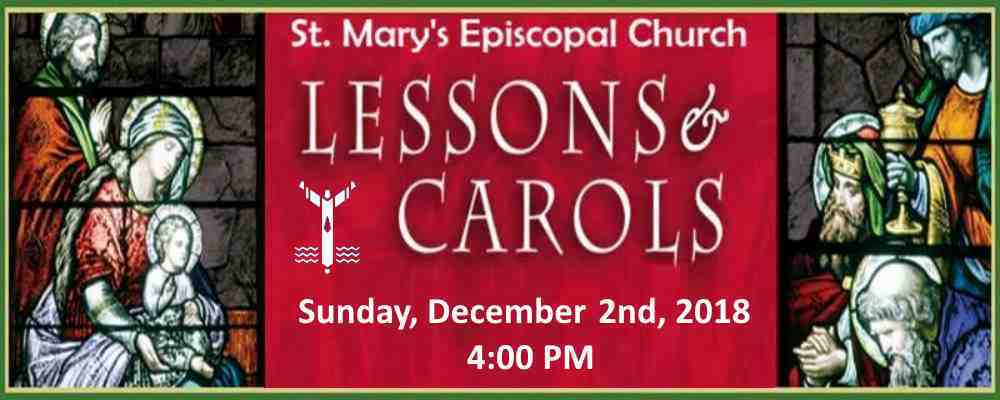
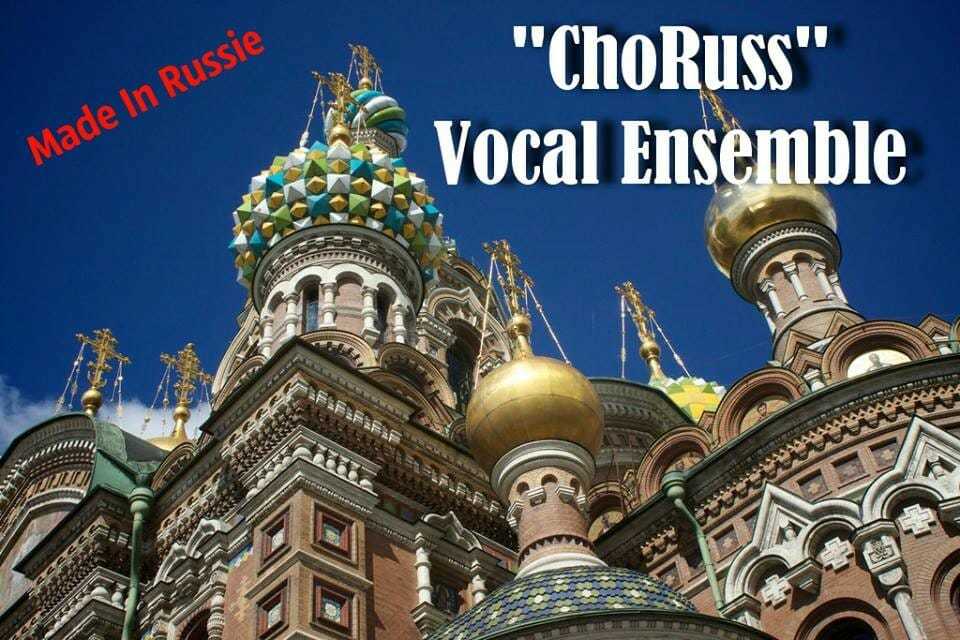
Leave A Comment